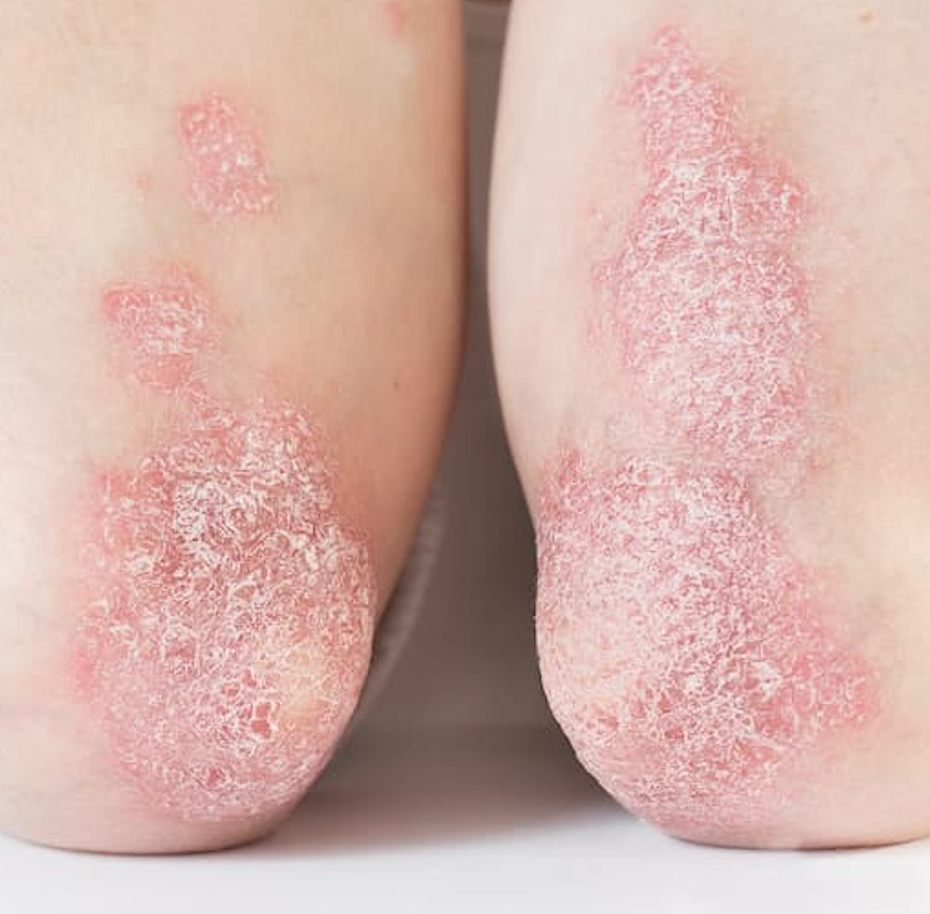Pretreatment Markers May Assist the Therapeutic Approach in PsA
Patients with higher platelet or neutrophil counts or platelet/lymphocyte ratios and systemic immune/inflammation index scores were more resistant to conventional systemic agents.
Platelet/lymphocyte ratios (PLR) and C-reactive protein (CRP) levels were associated with the diagnosis of psoriatic arthritis (PsA) rather than psoriasis vulgaris in Japanese patients, according to a study published in the Journal of Clinical Medicine.1 Moreover, patients with higher platelet or neutrophil counts or PLR and systemic immune/inflammation index (SII) scores were found to be more resistant to treatment with conventional systemic agents.
Credit: Adobe Stock/SNAB

“These findings suggest that several accessible systemic inflammatory markers may effectively assess underlying systemic inflammation and may provide an indication for a therapeutic approach,” wrote Eiki Sugimoto, the department of dermatology, graduate school of medicine at The University of Tokyo in Japan, and colleagues. “Regular monitoring of inflammatory score trends is recommended for these patients.”
PLR and several other inflammatory- and immune-based scores have been reported to be elevated in patients with psoriasis and to be correlated with Psoriasis Area and Severity Index (PASI) scores. While SII and systemic inflammatory response index (SIRI) scores have been established as effective predictors of prognosis in neoplastic and cardiovascular diseases, their significance in psoriasis is poorly understood.
In this retrospective study, researchers evaluated peripheral blood parameters and systemic inflammatory scores in 117 patients with psoriasis vulgaris (mean age 51 years; male 68%), and 47 patients with PsA (mean age 55 years; male 62%) compared with 50 healthy controls (mean age 54 years; male 64%). They looked at the association of peripheral blood parameters along with neutrophil-to-lymphocyte ratio (NLR), monocyte-to-lymphocyte ratio (MLR), PLR, SII and SIRI scores with PASI scores, the presence of arthritis, and drug continuation rates.
The results showed that neutrophil, monocyte, and platelet counts; NLR, MLR, SSI, and SLR scores; and CRP were positively correlated with PASIscores. Patients presenting with higher PLR or CRP values were more likely to be diagnosed with PsA than with psoriasis vulgaris.
Meanwhile, patients with higher pretreatment neutrophil or platelet counts, and PLR and SII scores were associated with lower treatment continuation rates of the conventional systemic agents apremilast, methotrexate, etretinate, and cyclosporine. However, patients treated with the biologics secukinumab, risankizumab, infliximab, guselkumab, ixekizumab, tildrakizumab, adalimumab, and brodalumab generally showed high treatment persistence regardless of pretreatment systemic inflammatory scores.
The authors suggested that prospective randomized studies are needed to confirm the findings, which will help support personalized medicine in the future.
References
- Sugimoto E, Matsuda H, Shibata S, et al. Impact of Pretreatment Systemic Inflammatory Markers on Treatment Persistence with Biologics and Conventional Systemic Therapy: A Retrospective Study of Patients with Psoriasis Vulgaris and Psoriatic Arthritis. J Clin Med. 2023;12(8):3046. Published 2023 Apr 21. doi: 10.3390/jcm12083046.